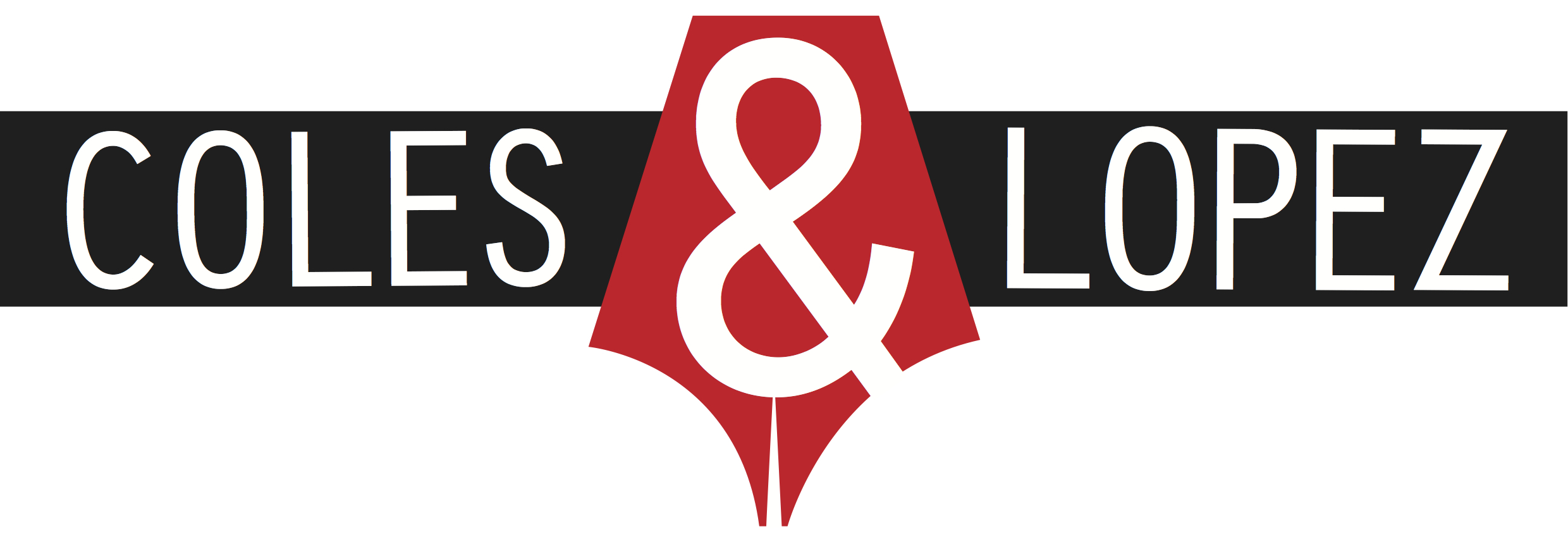Ear candy for word nerds and bookworms
Ah, podcasts. My daily companions. The source of all my knowledge. The only hobby I have that doesn’t lead to eye strain.
Below are six of my favourite podcasts about books and language. If you’re a fan of any others, I’d love to hear about them. To paraphrase Lester Bangs in Almost Famous, podcast recommendations are the only true currency in this bankrupt world.
ZADIE!!!
A monthly show hosted by Katy Waldman, along with a revolving cast of fellow Slate staffers. Listening to the ABC is like eavesdropping on a normal book club made up of insanely smart people. (Which isn’t to say I always agree with them – last year they raved about Emma Cline’s waaay overhyped The Girls.) The books are a mixture of new releases, like Lincoln in the Bardo by George Saunders and Swing Time by my beloved Zadie Smith, and older books that are topical again, like The Handmaid’s Tale by Margaret Atwood and Postcards from the Edge by Carrie Fisher. A warning: there are spoilers galore, so don’t listen until you’ve actually read the book.
Although this BBC institution is called a “book club”, it’s completely different from Slate’s version. Once a month, in front of a live audience, James Naughtie hosts a discussion with an author about one of their books, usually an older and much-loved one. This year, he’s chatted to Michael Chabon about The Amazing Adventures of Kavalier and Clay (2000) and Jonathan Safran Foer about Extremely Loud and Incredibly Close (2005), among others. After the formal discussion, the audience gets to ask the author questions directly – every book club member’s dream come true.
3. The New York Times Book Review podcast
As you’d expect from the New York Times, the guests on this weekly podcast are the crème de la crème: David Sedaris, Sheryl Sandberg, Neil Gaiman, Gabourey Sidibe and Elizabeth Warren have all appeared in 2017. But the real reason I come back is Pamela Paul, who hosts the podcast and also edits the print version of the Book Review. She’s the interviewer I want to be someday: smart, warm, insightful and articulate. As well as talking to authors about their new releases, Paul discusses the book business and other happenings in the literary world with her Times colleagues.
After my Pamela Paul swoonfest above, it’s going to sound like I’m damning the hosts of the Guardian Books podcast with faint praise. Oh well. They truly are very good, as is the podcast. Like the Times version, this show features in-depth interviews with authors about their newest books, as well as bits and pieces about publishing in general. They tend to focus on one specific theme per episode, and it’s always engrossing. The last one I listened to was on “race, gender and identity”, and the one before that was on Scottish crime fiction, so there’s something for everyone.
If I had to choose, this podcast would probably be my pick of the bunch. Every fortnight, linguist John McWhorter discusses a fascinating aspect of the way we use language in daily life, and how such usage has evolved over time. Recent topics include “Is There a Jewish Way of Talking?”, “The Language of Female Friendships” and the etymology of “heyo”. I love McWhorter because he approaches his topic with such enthusiasm and affection. He’s not an alarmist, complaining about the way young people are butchering English. Instead, he delights in the evolution of language, often by way of pop culture references. By the way, if you enjoy Lexicon Valley, you should also check out McWhorter’s TED talk on txt language: is it really a scourge on literacy?
This podcast is also about linguistics, but it’s shorter and pithier than Lexicon Valley, with many many of the episodes lasting less than 20 minutes. Host Helen Zaltzman usually focuses on a particular word (“gaslighting”, “Namaste”) or category of words (US state mottos, sex and associated body parts) and talks about its history. She also does some great interviews – in this month’s “Eclipse”, she talks to a woman who lost most of her vocabulary, as well as her inner monologue, due to a ruptured brain aneurysm.

